Need a label for your product?
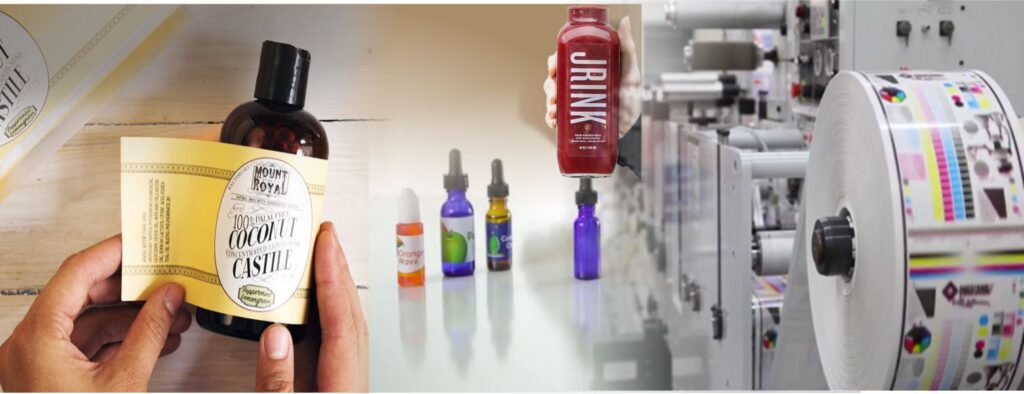
As we are the best label manufacturers in Noida that involve the production of adhesive-labels used for various purposes such as product labeling, packaging, branding, and identification.
Looking for Label Manufacturers in Noida?
You are at the right place. Barcode International is the best known sticker label manufacturers in Noida for label rolls for different sizes and quantity.
Barcode International manufactures pre-printed sticker label rolls on variety like polyester label, chromo/paper label, self-adhesive label, pre printed label that may include yours choice logo, product details etc.
If you are in search of best label manufacturers in Noida then you have came to the correct place. We offer best quality oriented sticker label rolls with a huge quantity supply capacity.
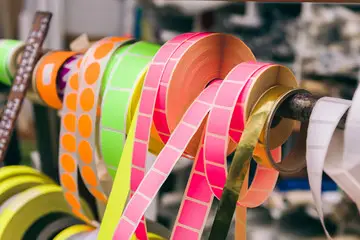
Labels we manufacture for Industries we serve as a label manufacturers in Noida.

Automotive Label manufacturers in Noida
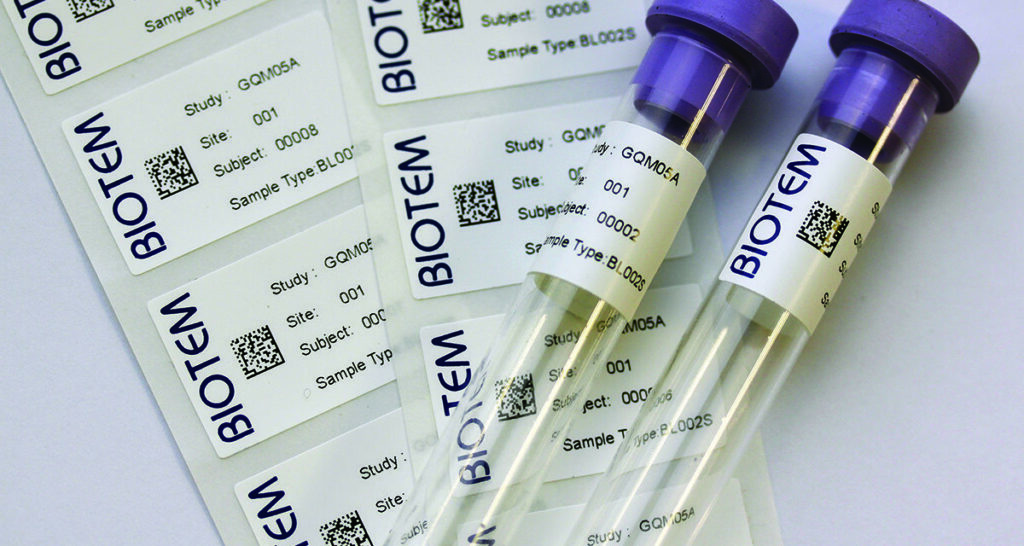
Pharma Label manufacturers in Noida

Personal Care Label manufacturers in Noida
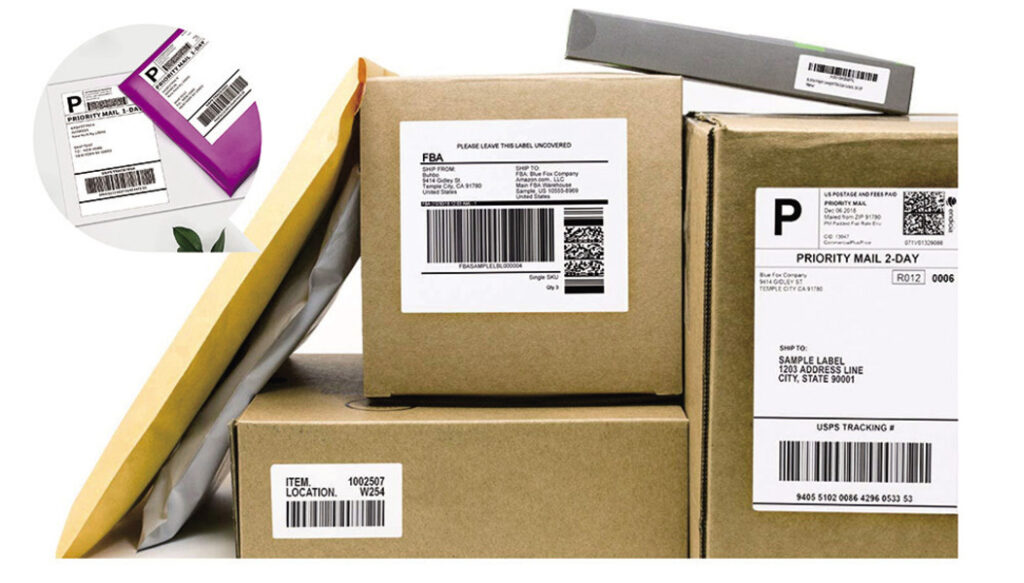
Logistic/Shipping Label manufacturers in Noida

Jewellery Label manufacturers in Noida
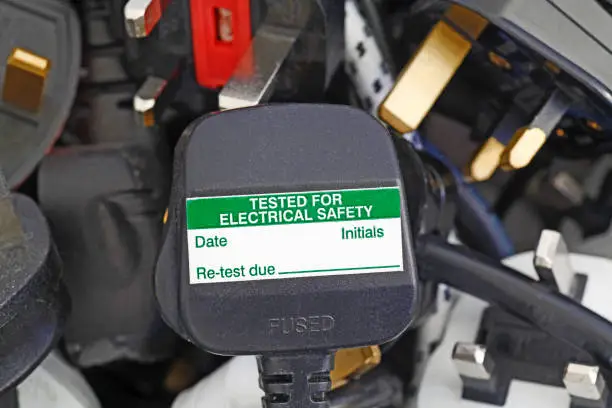
Electronic & Part Label manufacturers in Noida
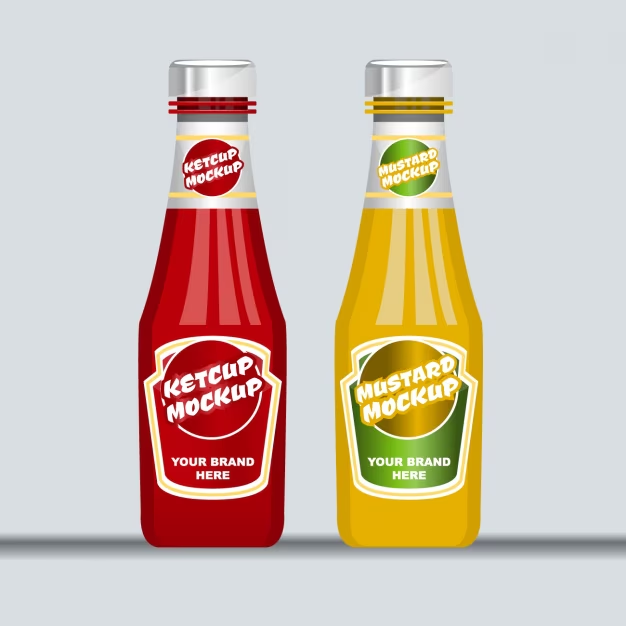
Food & Beverage Label manufacturers in Noida

Retail Label manufacturers in Noida
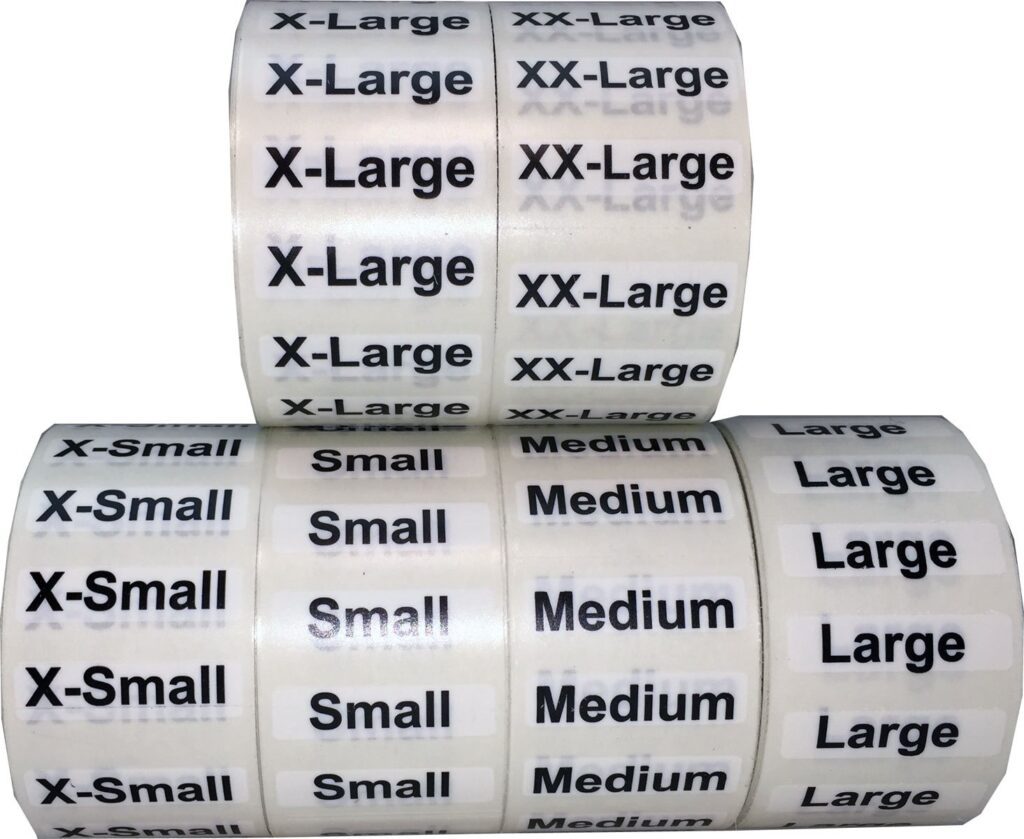
Garment Label manufacturers in Noida
What is Label Manufacturing?
Label manufacturing is the process of designing, producing, and supplying labels used for a wide range of applications, including product packaging, branding, compliance, and information dissemination. Labels are an integral part of consumer goods and industrial products, providing essential details such as product name, ingredients, usage instructions, and regulatory information.
Key Aspects of Label Manufacturing
1. Design and Customization:
Label manufacturing begins with the design phase, where the label’s visual elements, including text, graphics, and barcodes, are created. Customization allows for labels to meet specific branding, aesthetic, and functional requirements. This stage often involves collaboration with graphic designers and brand managers to ensure that the label aligns with the product’s identity and meets all necessary regulations.
2. Printing Technologies:
Various printing technologies are employed in label manufacturing, each suitable for different applications:
- Flexographic Printing: Ideal for high-volume production and provides fast drying and durability. It’s commonly used for labels on packaging materials.
- Offset Printing: Known for high-quality prints and is often used for complex designs with multiple colors.
- Digital Printing: Offers flexibility and high-resolution output, suitable for short runs and custom labels. It’s ideal for personalized or variable data labels.
- Screen Printing: Used for labels with special finishes or for labeling on non-flat surfaces.
3. Materials and Finishes:
Labels can be produced from various materials depending on their intended use. Common materials include:
- Paper: Used for indoor applications and is cost-effective.
- Plastic (e.g., PET, PVC): Durable and resistant to water and chemicals, making it suitable for outdoor and industrial applications.
- Metallic Foils: Used for premium and high-visibility labels.
- Specialty Materials: Includes materials with specific properties like tamper-evident, heat-resistant, or waterproof.
Finishes such as matte, gloss, and varnish can also be applied to enhance the label’s appearance and functionality.
4. Adhesive Types:
The choice of adhesive is critical depending on the surface the label will adhere to and the environmental conditions. Common adhesive types include:
- Permanent Adhesives: For labels that need to stay in place under various conditions.
- Removable Adhesives: For labels that can be peeled off without leaving residue.
- Repositionable Adhesives: Allow labels to be adjusted before permanent adhesion.
5. Cutting and Finishing:
Once printed, labels are cut into desired shapes and sizes. This can involve die-cutting for custom shapes or slitters for standard sizes. Additional finishing processes may include embossing, foil stamping, and laminating to enhance the label’s functionality and appearance.
6. Quality Control:
Quality control is essential to ensure that labels meet industry standards and client specifications. This involves inspecting print quality, adhesive performance, and overall durability. Rigorous testing helps prevent issues such as poor adhesion or print fading.
7. Regulatory Compliance:
Label manufacturing must comply with regulatory requirements, which can vary by industry and region. This includes ensuring that labels provide accurate information, meet safety standards, and include necessary warnings or certifications.
Applications of Labels
- Product Packaging: Labels provide essential information about the product, including ingredients, usage instructions, and branding.
- Compliance and Safety: Labels ensure products meet legal and safety standards, such as hazard warnings or nutritional information.
- Branding and Marketing: Custom labels enhance brand recognition and appeal to consumers through design and messaging.
- Logistics and Inventory Management: Labels with barcodes or RFID tags assist in tracking and managing inventory.
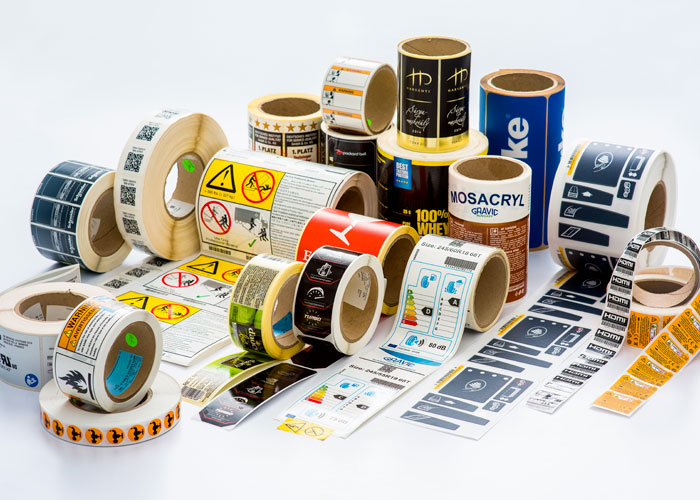

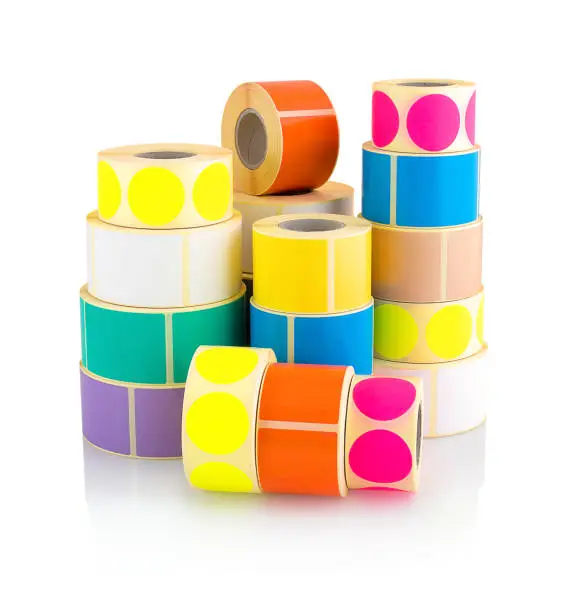
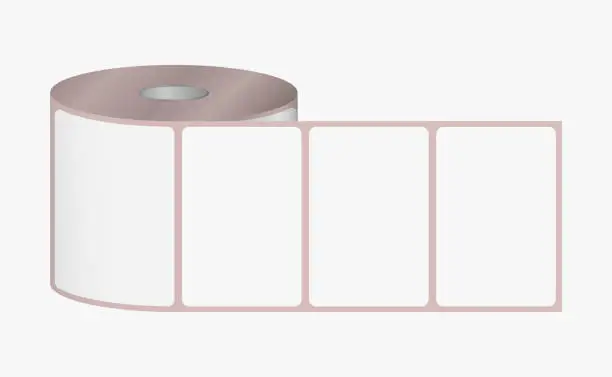
Leave a Reply